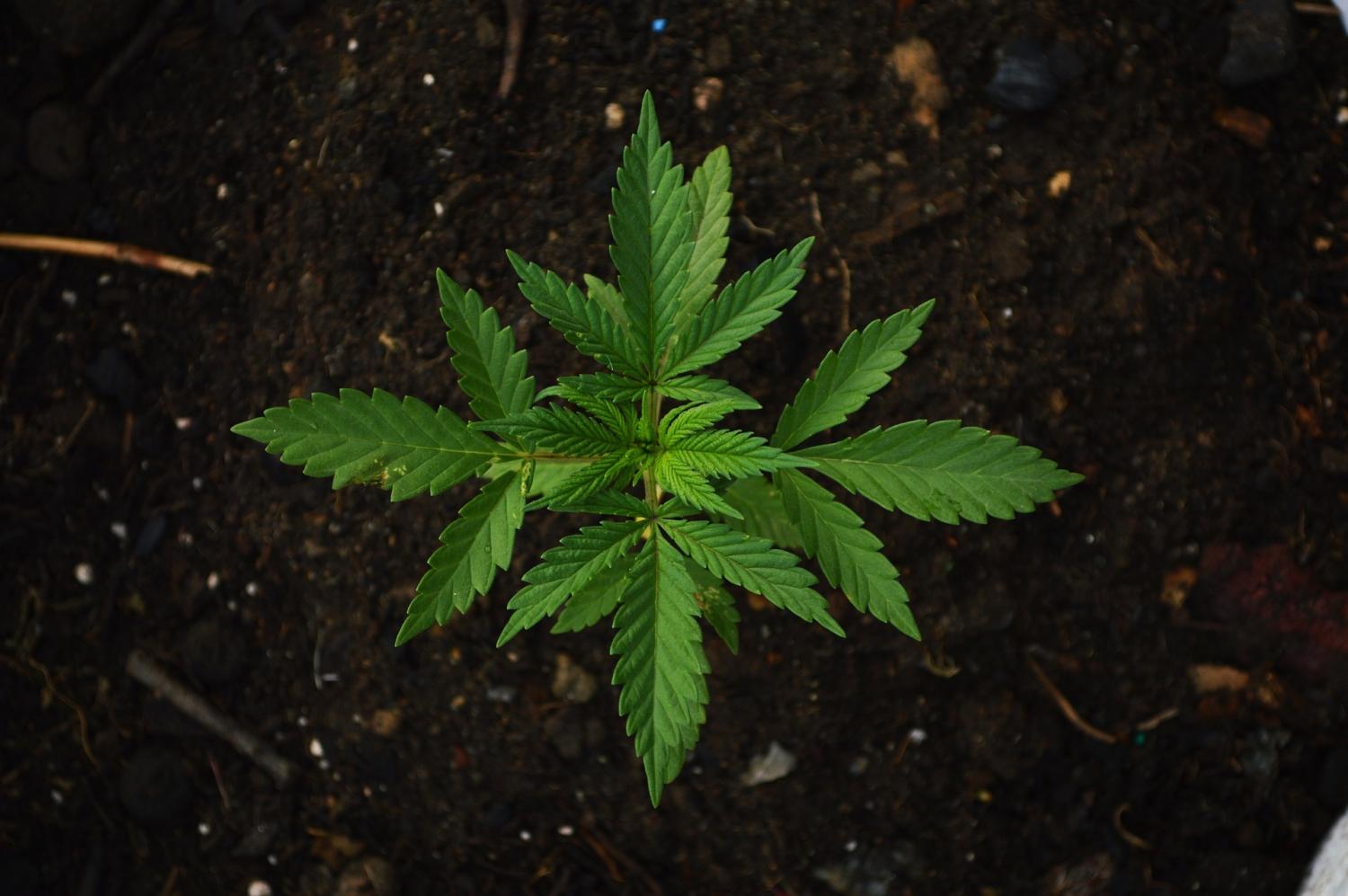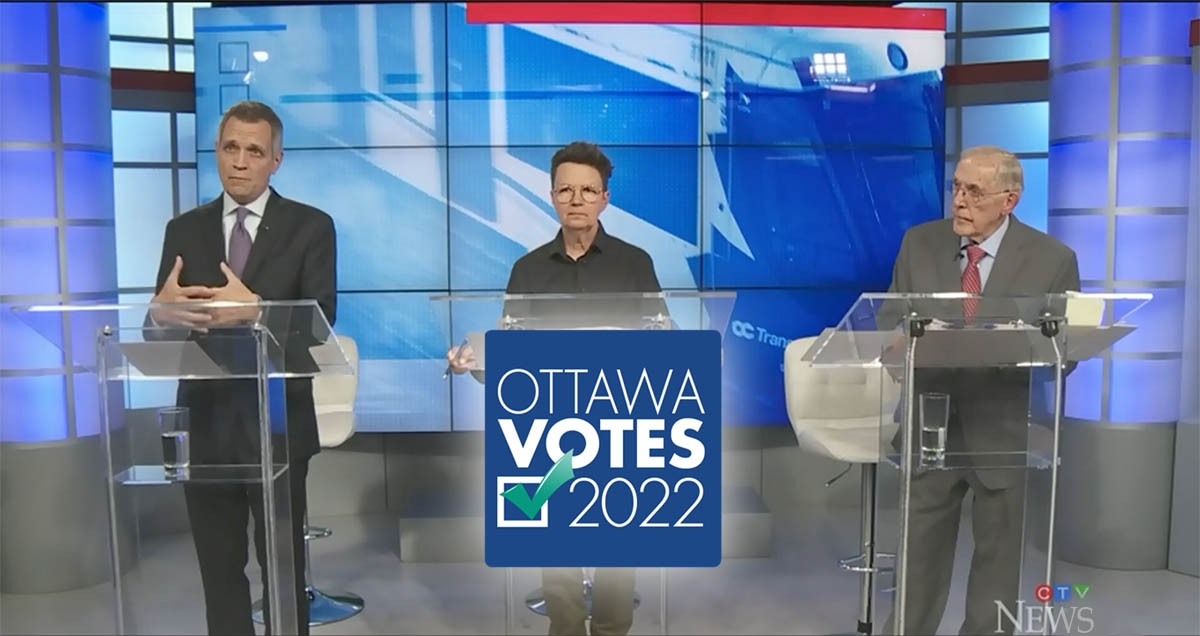
Ottawa Moves Step Closer to Marijuana Plan Fruition
For some time now, Ottawa has been fighting a running battle against the various pot shops across the area. With police trying to crack down on shops that aren’t playing fair with the rules, as well as illegal stores, the province is now undergoing a more coordinated attempt to deal with the problem once and for all.
The vow to legalise cannabis on Canada Day in 2018 has re-ignited this constant issue in Canadian politics, particularly here in Ottawa.
With regulation of marijuana sales advocated by the government and the general populace, this isn’t so much a battle against marijuana but its regulation and management. With more resources being invested into dealing with how the drug sales will be enforced and managed, it’s going to be interesting to see where things go from here on in.
There are, at the time of writing, 15 dispensaries in Ottawa that could be considered illegal. As ever, though, they re-open as quickly as they are closed, so finally putting the operation down has become a major logistical challenge for local law enforcement.
The original plan for around 150 stand-alone stores and the ability to order cannabis online is still being floated. As eyes continue to turn to the potential negatives, though, the debate will need to become more about the enforcement of good practice than the pros/cons of the drug itself.
The opioid crisis, too, has seen police resources hit heavily as they try to juggle the numbers needed to try and contain each problem at the one time. Continued battles against illegal stores and then the opioid industry has seen the province struggle to make the impact that was hoped for with dispensaries.
A Growing Debate
One of the most interesting parts of the debate, though, stems from the warnings from cannabis stores that such enforcement will be ‘impossible’. Critics of the policy say that the government is showing a refusal to listen to the needs of customers, and by trying to crack down on anything but the flower there will be a forcing of people to head into other avenues – illegally – to get what they are looking for.
However, there will be contracts doled out to licensed suppliers in the future – if the plan goes ahead – in a bid to crack down on this issue. The aim is to try and work with the suppliers who do meet the regulation and then give them huge contracts to make sure that only who the government deems acceptable can be worked with to help create recreational cannabis.
The primary worry is that with supply rising so much in recent years that people might turn to either the black market or growing their own cannabis via seeds to avoid being stuck with the lack of supply. Even with large contracts, excessive regulation could still push people who cannot get what they want/need into more controversial, short-term sources.
With estimates putting the Ontario cannabis black market at a whopping $2.5 billion, the aim is to get a chunk of that cash and put it into legalized sales, then using the tax money from that to create a police force that cane easily regulate one of the biggest recreational changes to Ottawa lifestyle in modern history.









